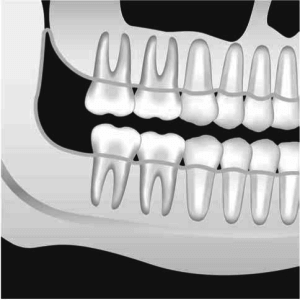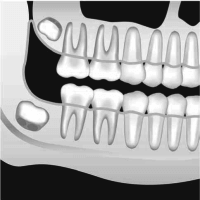Wisdom Teeth
2/23/2016
Wisdom teeth are the last molars to develop and appear in the mouth. Wisdom teeth may not need to be extracted is they grow straight and in the proper placement in conjunction to the other teeth in the mouth. When a tooth doesn’t fully grow in the condition is called “impacted” and usually results in the necessity for removal.
Call Now to Schedule an Appointment 615-893-7736
What are Wisdom Teeth?
Wisdom teeth, officially referred to as third molars, are usually the last teeth to develop and are located in the back part of your mouth. They usually complete development between the ages of 15 and 20, a time traditionally associated with the onset of maturity and the attainment of Wisdom.
What Are Impacted Wisdom Teeth?
&srotate=0)
Since the wisdom teeth are the last to develop, they usually do not have enough room to adequately erupt into the mouth and become fully functional and cleansible. This lack of room or space can result in a number of harmful effects on your overall dental and medical health. When this occurs, they are said to be impacted, indicating their inability to erupt into a position, which will allow them to function in the chewing process. A special x-ray of your mouth and jaws will be taken to determine if your wisdom teeth are impacted.
There are Several Types of Impactions:
Soft Tissue Impactions: There is not enough room to allow the gum tissue to retract for adequate cleaning of the wisdom tooth.
Partial Bony Impactions: There is enough space to allow the wisdom tooth to partially erupt. However, it cannot function in the chewing process and creates cleaning problems.
Complete Bony Impactions: There is NO space for the tooth to erupt. It remains totally below the jawbone or if partially visible requires complex removal techniques.
Why Should I Have Impacted Teeth Removed?
If you do not have enough room in your mouth for your third molars to erupt and they are impacted, a number of problems may occur, including:
– Infection
– Damage to the adjacent teeth
– Cyst formation
– Possible contribution towards crowding of the other teeth
&srotate=0)
Healing After Teeth Removal
Unless you have an active problem at the time of your consultation, the reason for removal is primarily preventative to avoid long-term problems.
Recent Posts
What Are Dental Implants? What You Need to Know
If you are considering options for tooth replacement, ask about dental implant surgery. Discover the benefits of this innovative procedure today.
What to Expect Before, During, and After Wisdom Teeth Surgery
Find out what to expect when undergoing wisdom teeth surgery at Middle Tennessee Oral and Implant Surgery, with guidance from start to finish.
Dr. Mark Hardison Recognized as Featured Dentist by Implant Evolution
We’re pleased to announce that Dr. Mark Hardison has been recognized as a Featured Dentist by Implant Evolution for Murfreesboro, TN.